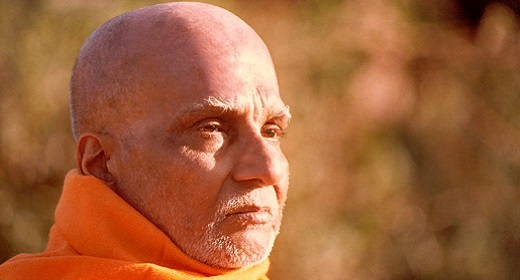The majority of people do not aspire to be billionaires, which is good for the planet…
The fundamental economic principle that everyone is driven by “unlimited wants,” trapped in a consumerist cycle, and trying to amass as much money as possible is incorrect, according to the authors of recent research.
The long-held economic concept that individuals have unlimited wants permeates government policy and economic thought, as well as also influences much of contemporary life, including consumerism and advertising.
However, abiding by this idea has had disastrous effects on the planet’s health. The pursuit of unending economic expansion and the constant pursuit of individual riches has been costly. Resource usage and pollution have grown in conjunction with rising wealth.
Until now, scholars have struggled to develop effective strategies to separate economic growth from destructive economic principles. However, a recent study published by psychologists from the universities of Bath, Bath Spa, and Exeter casts doubt on the notion that humans have unlimited wants for material goods, which could have significant environmental consequences.
They conducted a study on approximately 8000 individuals from 33 nations and six continents to find out how much money people needed to live their “absolutely ideal life.” In 86% of countries, most people thought they could achieve this with US $10 million or less, and in some countries as little as $1 million.
Whilst these figures may still sound a lot, when considered that they represent a person’s ideal wealth across their whole life they are relatively moderate. Expressed differently, the wealth of the world’s single richest person, at over $200 billion, is enough for more than two hundred thousand people to achieve their ‘absolutely ideal lives’.
The researchers collected responses about ideal wealth from individuals in countries across all inhabited continents, including countries rarely used in cross-cultural psychology such as Saudi Arabia, Uganda, Tunisia, Nicaragua, and Vietnam. People with unlimited wants were identified in every country, but they were always in the minority.
They found that those with unlimited wants tended to be younger and city-dwellers, who placed more value on success, power, and independence. Unlimited wants were also more common in countries with greater acceptance of inequality and in countries that are more collectivistic: focused more on the group than individual responsibilities and outcomes.
For example, Indonesia, which is considered more collectivistic and accepting of inequality, had the most people with unlimited wants whilst the more individualistic and equality-concerned UK had fewer. However, there were anomalies like China, where few people had unlimited wants despite high cultural collectivism and acceptance of inequality.
Lead researcher, Dr. Paul Bain from the Department of Psychology at the University of Bath (UK) explained: “The ideology of unlimited wants, when portrayed as human nature, can create social pressure for people to buy more than they actually want.
“Discovering that most people’s ideal lives are actually quite moderate could make it socially easier for people to behave in ways that are more aligned with what makes them genuinely happy and to support stronger policies to help safeguard the planet.”
Co-author, Dr. Renata Bongiorno of the University of Exeter and also Bath Spa University (UK), added: “The findings are a stark reminder that the majority view is not necessarily reflected in policies that allow the accumulation of excessive amounts of wealth by a small number of individuals.
“If most people are striving for wealth that is limited, policies that support people’s more limited wants, such as a wealth tax to fund sustainability initiatives, might be more popular than is often portrayed.”








































